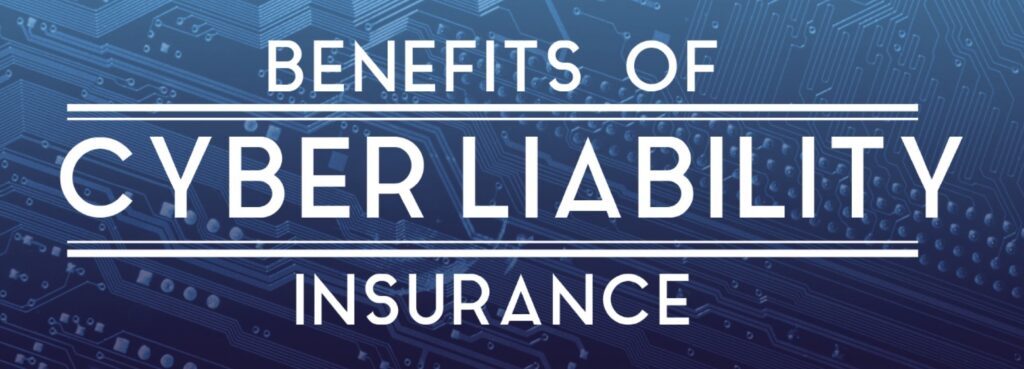23 Mar Employee Work from Home Guide
This Employee Work from Home Guide provides Best Practices to employees such as setting a designated work area, how to plan and test communications, and making sure your network and work programs are protected. If you’re an employer looking for guidance on how to implement a work from home strategy, our Reseco subsidiary Risk Management […]
10 Dec Benefits of Cyber Liability Insurance
 When cyberattacks like data breaches and hacks occur, they can result in devastating damage. Businesses have to deal with business disruptions, lost revenue, and litigation.
It is important to remember that no organization is immune to the impact of cybercrime. As a result, cyber liability insurance has become an essential component of any risk management program.
Cyber liability insurance policies are tailored to meet your companies specific needs and can offer a number of important benefits, including the following:
When cyberattacks like data breaches and hacks occur, they can result in devastating damage. Businesses have to deal with business disruptions, lost revenue, and litigation.
It is important to remember that no organization is immune to the impact of cybercrime. As a result, cyber liability insurance has become an essential component of any risk management program.
Cyber liability insurance policies are tailored to meet your companies specific needs and can offer a number of important benefits, including the following:


 In light of the spread of COVID-19 in the United States, the Department of Labor (DOL) has published answers to frequently asked questions on how employers can stay in compliance with the federal Fair Labor Standards Act (FLSA), which regulates wage and hour conditions for employees.
In light of the spread of COVID-19 in the United States, the Department of Labor (DOL) has published answers to frequently asked questions on how employers can stay in compliance with the federal Fair Labor Standards Act (FLSA), which regulates wage and hour conditions for employees. No matter what industry you’re in, chances are your organization will, at some point, rely on the help of a third party to fulfill certain business needs. Regardless of who you work with, business arrangements with contractors and vendors can open you up to a number of risks—risks that need to be accounted for through insurance.
No matter what industry you’re in, chances are your organization will, at some point, rely on the help of a third party to fulfill certain business needs. Regardless of who you work with, business arrangements with contractors and vendors can open you up to a number of risks—risks that need to be accounted for through insurance.